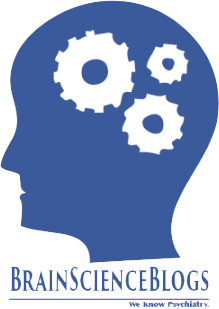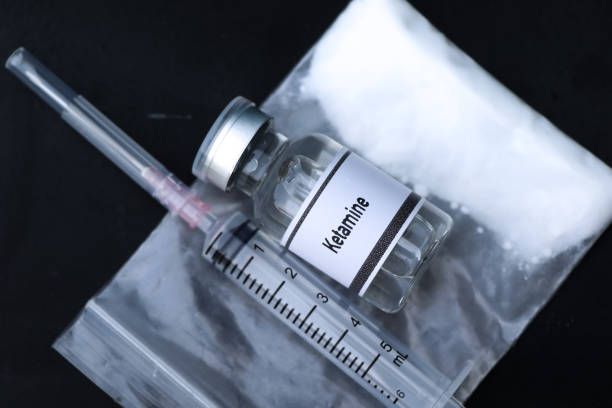Although currently available antidepressants increase monoamine levels soon after the start of treatment, therapeutic benefits are often delayed by several weeks and the majority of patients with major depressive disorder fail to achieve an adequate response to first- or second-line therapies targeting monoamines. The recent approval of the NMDA (N-methyl-d-aspartate) antagonist esketamine given intranasally for treatment-resistant depression has reinforced the need for agents with rapid onset with alternate mechanisms of action. Dextromethorphan/bupropion, an investigational medicine currently in development, is one such candidate.
The novel oral agent was introduced by Stephen M. Stahl for CNS Spectrums. Stahl is Professor of Psychiatry, University of California San Diego Medical School.
Introduction
Major depressive disorder continues to be a leading cause of disease burden, both in the United States and globally. In 2017, an estimated 17.3 million adults over the age of 18 in the United States experienced at least 1 major depressive episode, while over 300 million individuals worldwide are estimated to suffer from depression.21,22 Studies indicate that the majority of patients inadequately respond to monoamine-targeting therapy. Approximately 63% of patients failed to achieve remission after initial treatment with an SSRI.23 And of those patients who failed to remit, 69% failed to achieve remission upon switching to a second antidepressant.23 In patients who do achieve remission, residual symptoms, including insomnia, weight gain, and impaired concentration/decision making, are common.24,25
At present, only a few treatment options have been FDA-approved for treatment-resistant depression or as an adjunct to antidepressants for major depressive disorder: SYMBYAX® (olanzapine in combination with fluoxetine), SPRAVATO™ (esketamine), ABILIFY® (aripiprazole), and REXULTI® (brexpiprazole).26,27,28,29 However, the use of SPRAVATO™ in patients with treatment-resistant depression has been restricted to approved healthcare settings due to the risks of sedation, dissociation, and abuse/misuse, highlighting the need for more easily accessible agents with fewer side effects.27
Research suggests that combination therapy with multi-modal agents is more effective than antidepressant monotherapy. While 25% of patients treated with an SSRI alone for 6 weeks achieved remission, 52% of those treated with an SSRI in combination with a noradrenergic and specific serotonergic antidepressant (NaSSA) and 46% of those treated with an NaSSA in combination with bupropion achieved remission.30
The multimodal pharmacological activity of dextromethorphan/bupropion therapy also contributes to more rapid efficacy than antidepressant monotherapy. In the Phase 2, multicenter, randomized, double-blind, active-controlled ASCEND (Assessing Clinical Episodes in Depression) trial, 80 patients with a confirmed diagnosis of moderate to severe major depressive disorder were randomized in a 1:1 ratio to receive 45 mg dextromethorphan/105 mg bupropion (n=43) or bupropion (105 mg) (n=37) twice daily for 6 weeks. Treatment with dextromethorphan/bupropion resulted in significantly lower Montgomery-Åsberg Depression Rating Scale (MADRS) total scores by week 2 as compared to bupropion monotherapy. In addition, 26% of patients treated with dextromethorphan/bupropion had achieved remission by week 2 versus 3% of those receiving bupropion monotherapy. Notably, no NMDA dissociative/psychotomimetic events were observed in the ASCEND trial.3
Summary and Conclusions
Dextromethorphan/bupropion is an orally administered, rapidly-acting, investigational NMDA receptor antagonist with multimodal activity. The formulation achieves pharmacologic synergy by simultaneously targeting monoamines, NMDA receptors, and sigma-1 receptors, resulting in more rapid and robust decreases in depression rating scale scores than bupropion treatment alone. With its similar pharmacological properties to ketamine, dextromethorphan/bupropion represents a promising new investigational agent for depression.




Leave A Comment